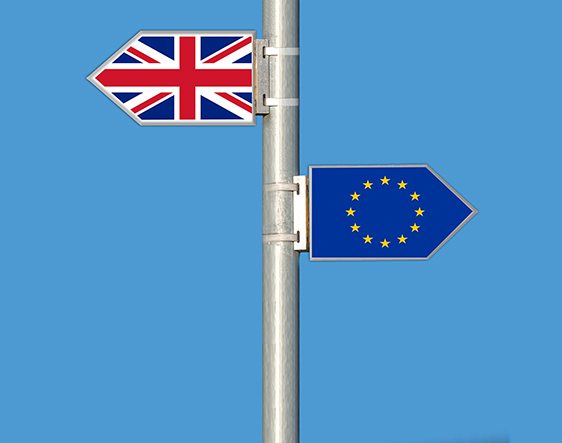The Government needs to avoid a hard Brexit to protect industry and ensure that leaving the EU does not disproportionately hurt weaker regions of the UK, experts have warned. Contributor Nigel Driffield, Professor of International Business – Warwick Business School.
A meaningful vote on whether to rule out a ‘no deal’ Brexit could now take place as late as March 12, less than three weeks before the UK is due to leave the EU. Experts from Aston Business School, Warwick Business School, and the University of Warwick found the UK economy relied more on foreign investment than any other G7 country.
That investment drove demand for skilled jobs such as technicians, engineers, and IT specialists. UK businesses that were foreign-owned and received investment from overseas employed 4million people in 2016, 17 per cent of all UK employees. Half of those were employed by EU-owned firms.
However, leaving the single market could put these jobs at risk, forcing more UK workers into ‘bad jobs’ including zero hours contracts. Nigel Driffield, Professor of International Business at Warwick Business School, said: “Above all, the government needs to avoid a ‘hard Brexit that sees tariff barriers return and, ideally, secure a trade deal that prioritises access to the single market for as many sectors as soon as possible.
“Leaving the single market will make it more difficult for European businesses to invest in the UK economy, putting almost 20 per cent of current jobs, some of the UK’s relatively ‘good jobs’ at risk. “There is a danger that the UK’s weaker regions will be disproportionately hurt by Brexit.”
David Bailey, Professor of Industrial Strategy at Aston University and expert on the UK car manufacturing industry, said: “Much of UK manufacturing is deeply interconnected with the EU.
“For example, BMW assembles engines at its Hams Hall plant near Birmingham, but the engine blocks come in from France and may go to Germany for further work before being assembled.
“The engine may go into a MINI assembled at Oxford or the Netherlands, or into a BMW assembled in Germany. The final car could be sold anywhere in Europe or globally.
“Components, engines, and the final car could cross the channel numerous times. Even short hold-ups at custom borders will likely make Britain a less competitive place to build cars.”
The paper, Brexit, foreign investment and employment: some implications for industrial policy?, was published in the Journal of the Academy of Social Sciences.
It concluded that even a ‘softer’ Brexit could cut inward investment to the UK through customs delays and currency depreciation.
Any attempt to make the UK labour market more flexible to remain cost-competitive after Brexit would be of “limited value” as it was already one of the most flexible in the developed world and risked entering a “race to the bottom”.
Instead the authors recommended a regional industrial strategy that focussed on sectors where free trade with the EU was less important. They also recommended devolving more power to the regions, without resorting to a situation where regions competed for inward investment and returned to the excessive subsidies offered to attract business during the 1990s.
Dr Erika Kispeter, from the Warwick Institute for Employment Research, said: “Regions will have to focus on job quality, rather than just the number of jobs created. There is not a trade-off between creating jobs and job quality. More and better jobs are compatible.”







